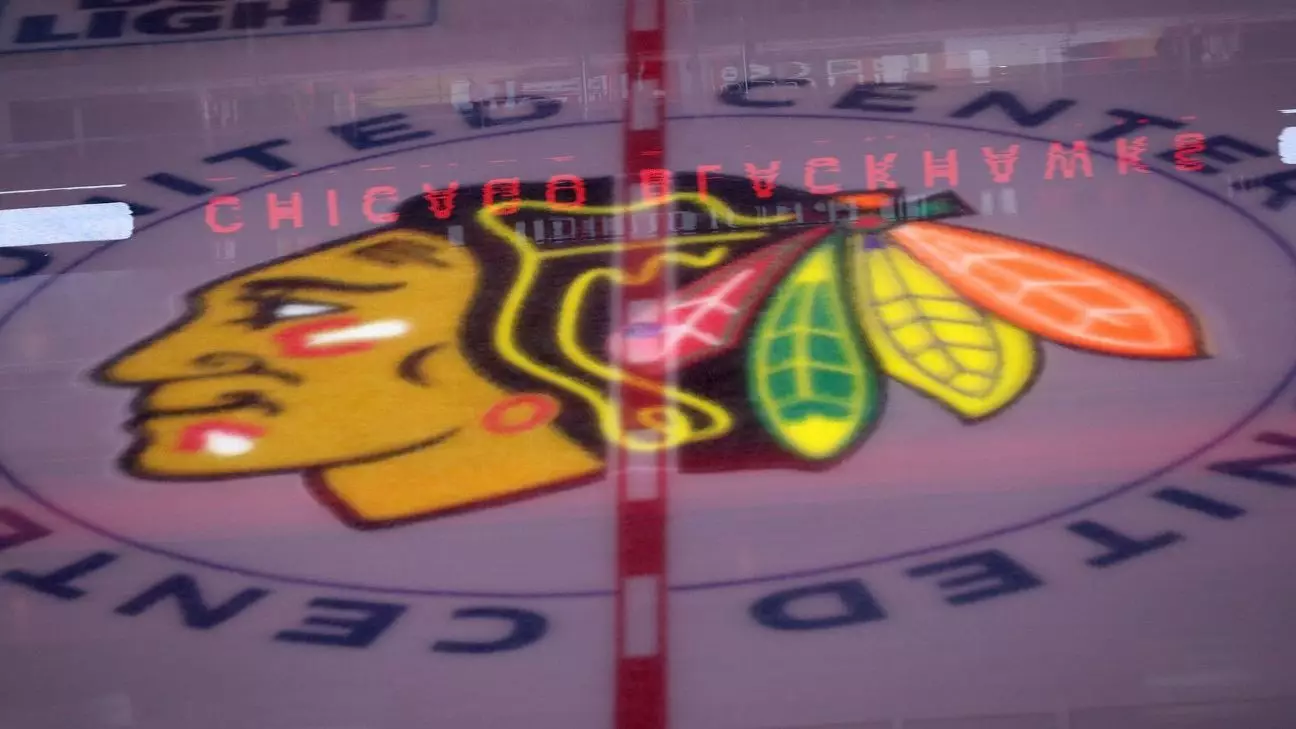The recent settlements surrounding the Chicago Blackhawks’ handling of misconduct allegations highlight a crucial, yet often overlooked, aspect of institutional integrity: accountability. While the focus tends to be on legal outcomes and financial reparations, the deeper issue lies in how organizations grapple with their failures and the lessons they impart. The Blackhawks’ response to allegations from a former player, known publicly as “John Doe,” reveals uncomfortable truths about negligence, silence, and the long shadow cast by leadership oversight. It underscores that true progress cannot be achieved solely through settlements; it demands a fundamental overhaul of values and systems designed to protect vulnerable individuals.
This case also exposes a troubling pattern within professional sports organizations—prioritizing reputation over participant safety. The Blackhawks’ decision to allow a known offender like Brad Aldrich to resign rather than face more decisive disciplinary measures showed a lack of moral courage. It set a dangerous precedent: enabling a predator’s exit instead of confronting the harm. The subsequent criminal conviction of Aldrich and subsequent lawsuits serve as painful reminders that organizational inaction can cause irrevocable damage. The lesson here is clear: leadership must be proactive, transparent, and unwavering in condemning misconduct, regardless of the potential fallout. Half-measures and deferment only deepen wounds and expose institutions to legal and ethical peril.
Rebuilding Trust Through Transparent Reform
The revelation that the Blackhawks only faced consequences years after the initial allegations indicates a systemic failure, not just an isolated misconduct. The independent review conducted by Jenner & Block, which resulted in a hefty fine from the NHL, illuminated widespread deficiencies—ranging from internal procedures to response times—that allowed abuse to fester unnoticed or unaddressed. When institutions fail to act decisively, they perpetuate a culture where misconduct can hide behind bureaucracy, causing lasting harm to victims.
Moving forward, organizations must embrace transparency—acknowledging past mistakes without defensiveness—and commit to reform. The subsequent reintegration of key figures like Bowman, Quenneville, and MacIsaac into the NHL, while controversial, signifies an attempt at redemption. Yet, it also raises critical questions: is forgiveness premature when accountability remains incomplete? Genuine reform requires not merely allowing individuals back into positions of power but ensuring they have genuinely learned, changed, and committed to fostering a safer environment. It’s about creating a culture where reporting abuse is encouraged, and consequences are swift and meaningful.
The Role of Cultural Shift and Personal Responsibility
The most profound change will only be realized when leadership adopts a culture of moral integrity that transcends legal mandates. It’s not enough for individuals—whether coaches or executives—to quietly serve penance; they must become advocates for systemic change. The case of the Blackhawks underscores the importance of integrating ethics training, victim-centered protocols, and accountability measures into everyday operations. These are not mere corporate formalities but vital safeguards protecting the dignity and safety of players and staff alike.
Moreover, Hollywood and sports personalities who have faced past misconduct have shown that personal growth and accountability are possible. The NHL’s acknowledgment that Quenneville, Bowman, and MacIsaac have made “significant strides” in understanding their responsibilities suggests a recognition that internal change is essential. However, these narratives remain incomplete unless comprehensive reforms arise from genuine remorse—transforming complacency into action. Every leader must confront their complicity in enabling misconduct and actively work on cultural shifts that prioritize the well-being of all individuals involved.
Ultimately, the Blackhawks’ saga serves as a stark reminder that superficial apologies and legal settlements are insufficient. True leadership involves unwavering commitment to justice, transparency, and continuous self-improvement. While legal fines and personnel reinstatements may provide a veneer of progress, the real measure of change will be reflected in the organizational culture’s evolution—toward greater empathy, vigilance, and respect for human dignity. Real progress demands honest reflection, bold action, and a steadfast refusal to bury inconvenient truths. Only then can the sports world reclaim its integrity and stand as a beacon of true accountability.


Leave a Reply